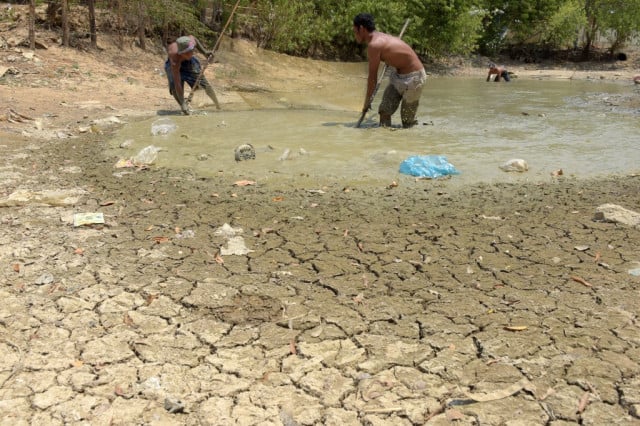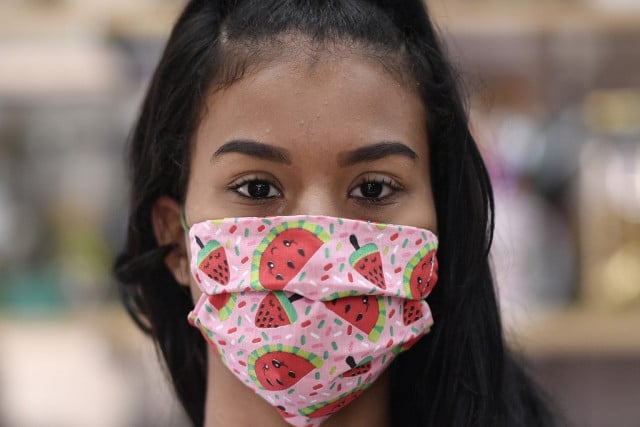Global Warming: There's No Harm in Taking Care of Yourself

- By Cambodianess
- August 1, 2021 11:46 AM
Devastating fires, deadly floods, heat domes and extreme temperatures: Everywhere on the planet, such catastrophes come one after the other at an ever-faster pace. About everyone agrees that this phenomenon is linked to global warming.
“It’s the law of nature,” some will say. “It’s man’s doing,” others fear. Those in the first group who therefore plead not guilty consider that people cannot do much to stop this. Those in the second group are urging the world’s governments to urgently implement strong policies to contain rising temperatures linked to human activities.
In a few days, in the midst of this onslaught of disasters, the group of experts of the Intergovernmental Panel on Climate Change (IPCC) will, following tedious negotiations down to the last comma, present its report for the United Nations Climate Change Conference (COP26) to be held in November 2021 in Glasgow in Scotland. And there, world leaders will agree—or not—to implement measures to slow rising temperatures.
In 2015, the Paris Agreement on climate change, which was signed by most countries of the world, had set the goal of keeping the rise in temperature below 2 degrees Celsius—if not 1.5 degree Celsius— above pre-industrial levels, calling on each country to act accordingly to reduce carbon dioxide (CO2) emissions released through human activity and responsible for rising global temperatures.
Regarding the recurrent disasters that are 24-hour news networks’ favorites, it seems that those fine resolutions are only having limited impact. They have either remained nothing but empty words or, as natural law supporters no doubt believe, it’s because nothing can be done.
The paradox is that, whether or not one is convinced of Man’s responsibility for global warming, numerous measures that can be implemented to curb it are in the short term good for every human being.
For example, eating less or no meat to curb deforestation caused by the need for pastureland. The more the world population grows on the planet, the more we raise cattle and cut down forests. And the more we cut down forests, the more the temperature rises, and the more desertification progresses to the extent that having the Amazon rainforest transformed into a savannah in the near future is seriously considered.
Since excessive consumption of red or processed meat is harmful to human health, everyone would benefit from reducing meat consumption, whether or not it may impact global warming. This is the easier to do today that our knowledge of how to produce vegetable-based food similar to meat and meeting the same nutritional and health needs has increased.
Is it such a superhuman effort to stay away as much as possible from fast-food steaks or processed meat products? Dieticians recommend this, so do medical doctors.
Whether or not we believe in the connection between meat consumption and climate disasters, there's no harm in taking care of yourself, right?
From a more global point of view, reorienting our way of life and consumption toward ways consistent with slowing global warming does not fall in the category of nightmare, unless we consider that pollution, doctors’ visits, processed food and other delights of that kind come under the law of nature. So, why do without it?















